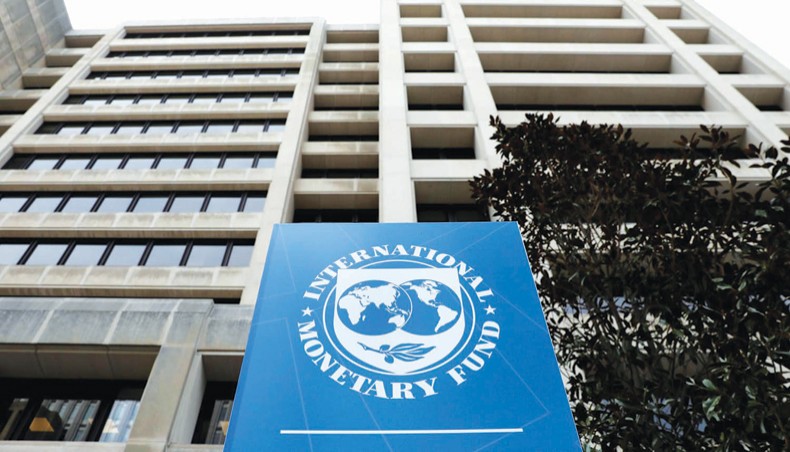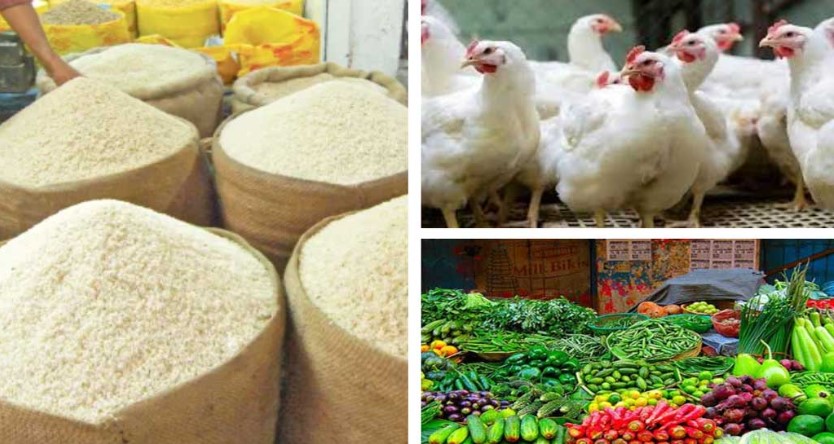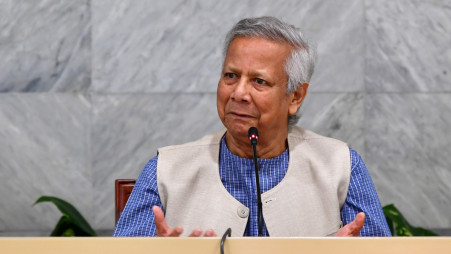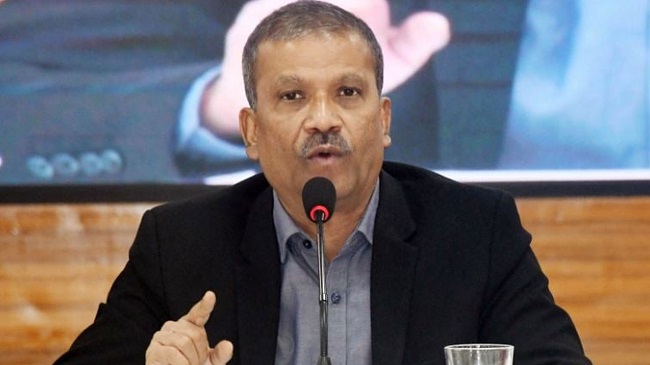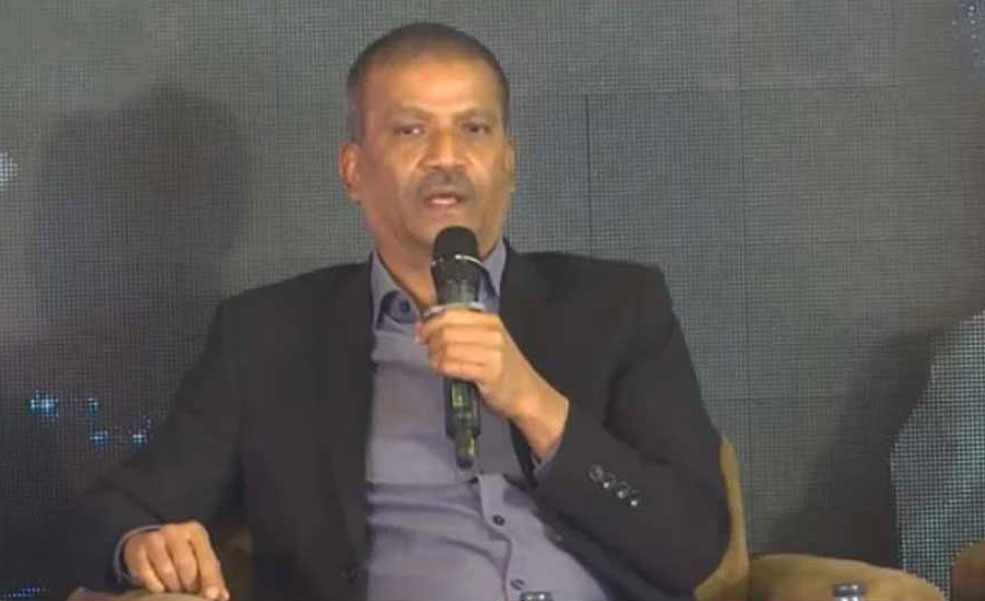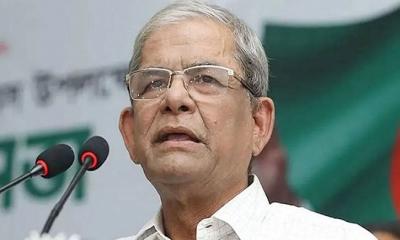The visiting International Monetary Fund delegation on Wednesday said that the government should get rid of capacity payment to salvage the loss-making power development board and expressed concern over the economic growth due to the current restriction on imports.
The IMF officials made the observation on the capacity charge during its meeting with the officials of power division and its subsidiary power development board as they sought to know whether the much-talked-about policy on capacity payment would end by 2030.
The government has paid about Tk 76,115 crore as capacity charge over the past decade. Under a legally-binding agreement, it has to pay the charge to private electricity generation companies whether or not their capacities are used.
The IMF officials also wanted to know about the possible impacts on the economy in case the government withdraws subsidy from power sector.
According to the economic review 2022 of the finance ministry, the power development board incurred a net loss over Tk 60,000 crore between financial years 2010-11 and 2020-21, mainly because of the controversial capacity charge.
Consumers Association of Bangladesh’s energy adviser M Shamsul Alam said that the capacity charge payment under the controversial policy of power production by independent power producers was a curse for the nation.
The county cannot utilise half its electricity generation capacity and is forced to pay a huge amount of capacity charge to IPPs amid random power outages since July, he said.
Power division secretary Habibur Rahman while talking to reporters at the secretariat said that the IMF sought updates on the country’s efforts at renewable energy production.
The PDB officials, however, said that the IMF officials concentrated more on power purchases from independent electricity producers.
In response to an IMF proposal about taking commercial loans from banks instead of receiving subsidy from the government, the officials have said that such proposal is not viable since accessing electricity is everyone’s right.
They stated that they did not make any assessment when the capacity charge would end since setting up many new power plants by private groups was underway.
The IMF officials in its meeting with the commerce ministry officials on the same day sought to know the possible negative impacts on the country’s economic growth due to present import restrictions.
It also sought projection of the county’s exports for the next three years against the backdrop of imminent recession in the western countries.
The IMF mission also sought in detail Bangladesh’s export diversification plan ahead of the country’s graduation from the least developed country status.
The commerce ministry officials led by its secretary Tapan Kanti Gosh told the IMF visitors that the government restricted the import of luxury and consumer goods to ensure availability of foreign currencies for the import of essential goods like fuel oil and food items.
They suggested that the restriction would be withdrawn once prices of commodities in the global market fell.
While talking to reporters Tapan Kanti Gosh said that they expected that the country’s exports would rebound in winter despite its fall in recent months.
The export incomes in September and October fell by more than seven per cent respectively.
The country has attached importance to export ICT goods, agricultural products and plastic items as part of export diversification to get rid of the narrow export basket dominated by readymade garments, the commerce ministry officials said in response to the IMF queries on export diversification.
The country attained a lower middle-income status in 2015 and met all the criteria to graduate from the LDC status, with graduation to be effective in 2026.
The country has taken several measures to overcome the challenges of the LDC graduation from 2026 onward.
A taskforce comprised of experts from public and private sector under the Prime Minister‘s Office is formulating strategies, according to the commerce ministry officials.
Besides, the country will get extra three years’ of duty preference from the European Union after 2026 that will help sustain Bangladesh’s export incomes from its biggest EU market.
The commerce ministry officials also appealed to the World Trade Organisation for extension of duty preference facility from different countries under the WTO rules to aid the country’s graduation.
During the ongoing negotiation with the multilateral lender Bangladesh attached importance to signing free-trade agreements with different countries as part of LDC graduation, but the IMF officials expressed doubt about the success of FTAs without rationalisation of tariff and removal of para-tariffs.
The IMF mission that began on October 26 will conclude on November 9 as part of bargaining over the proposed $4.5 billion loan Bangladesh sought from the lender for budget support.


